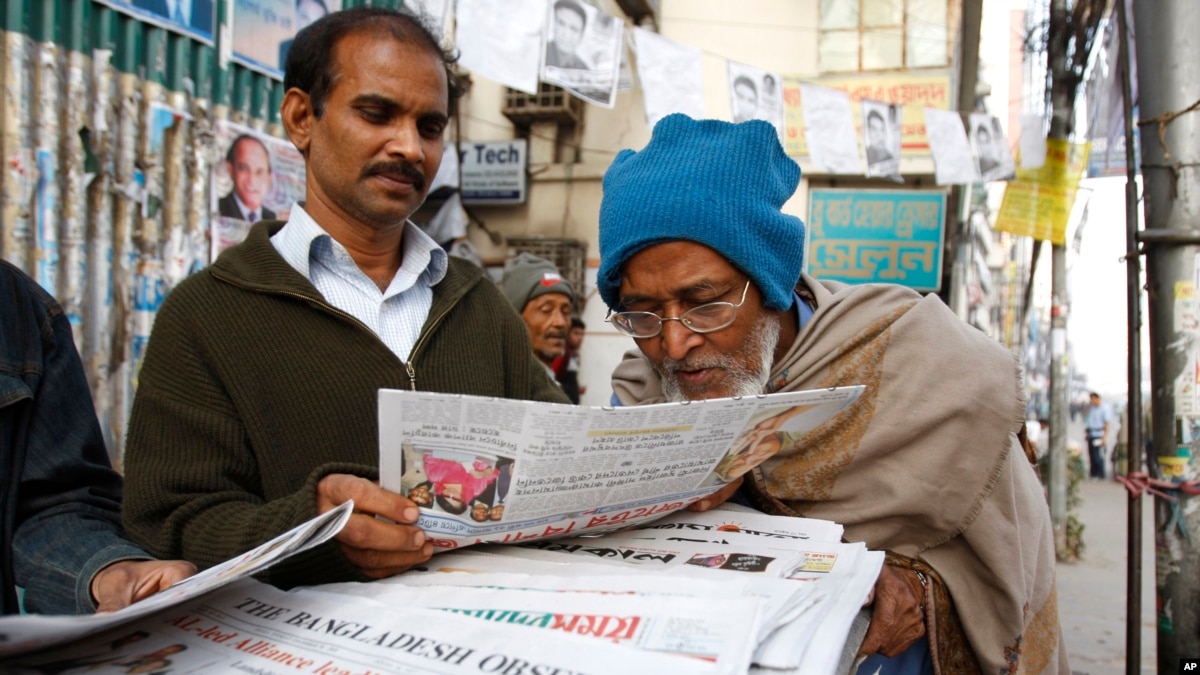The Problem Isn't Alex Jones' Free Speech, It's Digital Platform Monopolies
5 months ago
Alex Jones, the head of a right-wing lifestyle brand selling paranoid insanity and boner pills complained this week that his suspension from a handful of major digital platforms constitutes an assault on the First Amendment and his right to free speech. Jones doesn't feel censored because moderating content on a platform is the equivalent of government censorship after all, he still has his own website where he can continue to slander the parents of murdered children. These digital platforms and the private companies that own them have broad freedom to remove users and content they don't want so long as they don't violate civil rights laws. First Amendment judicial doctrine hardly has anything to say about the policing of speech on private digital platforms by the companies that own them. Taylor is a buttoned-up white supremacist who, according to Todd Blodgett, the former head of the neo-Nazi record label Resistance Records turned FBI informant, is one of "The most vile, hateful sociopaths I've ever met or ever dealt with." Taylor's case against Twitter argues that the social media platform cannot expel neo-Nazis and other white supremacists because it is a virtual public square and the First Amendment applies to any effort to suppress speech within its confines. If there weren't one main platform for video distribution and one main platform for social media and if those platforms didn't also own their biggest competition an actual market for different platforms that hosted varied content could exist instead of one platform overrun with every type of jerk. Breaking up the social media giants wouldn't keep Jones from wanting access to a monopoly platform, but it might keep future lunatics at bay without limiting speech or turning the internet into a spam-filled nightmare of raving lunacy. Read more




